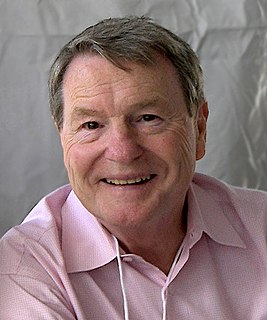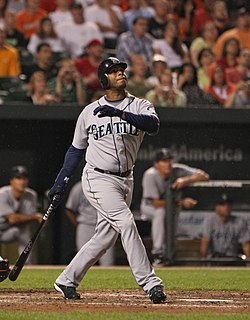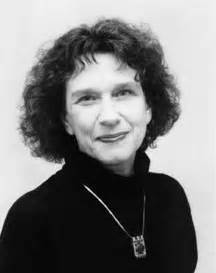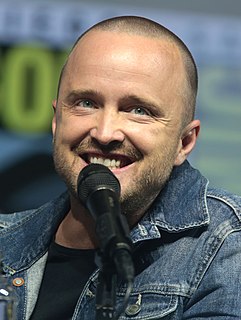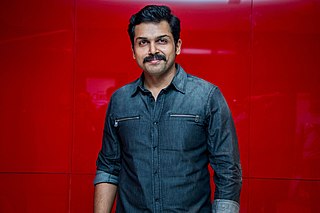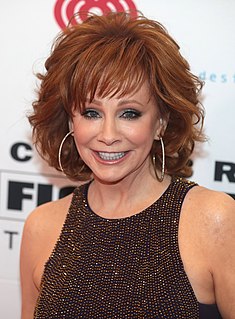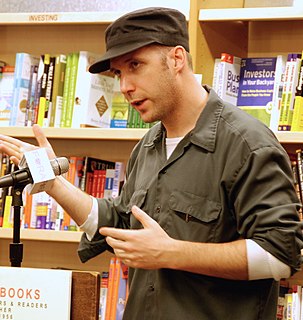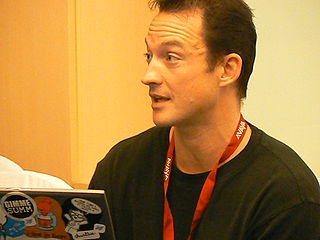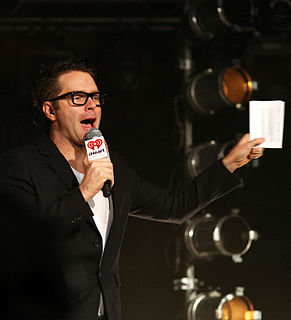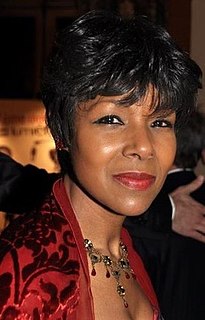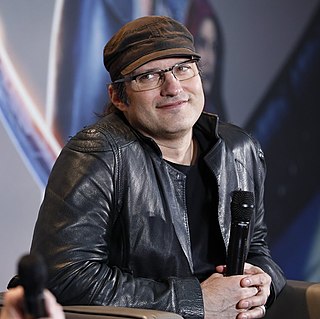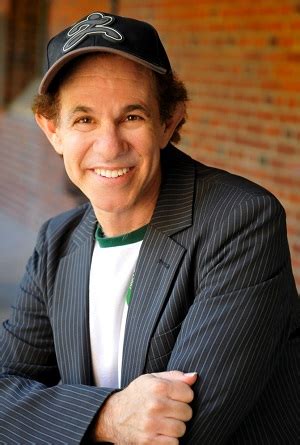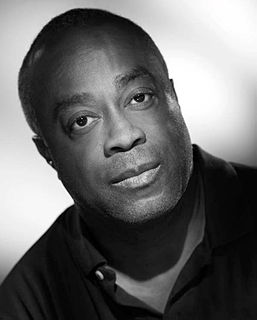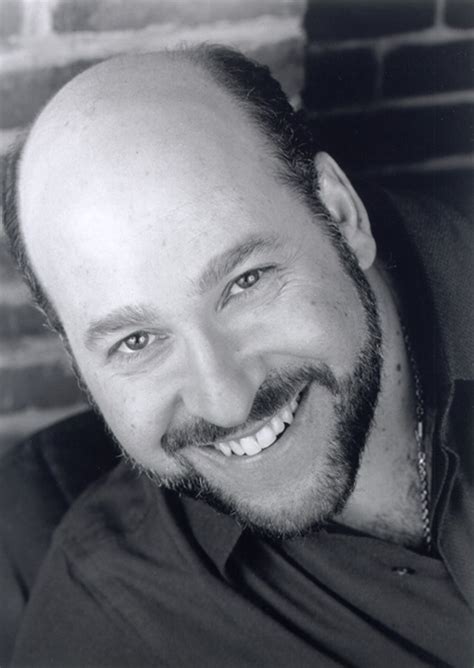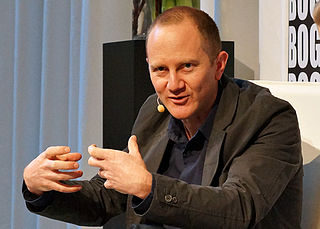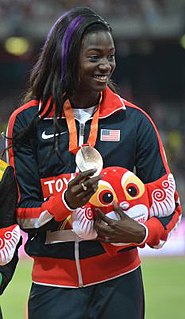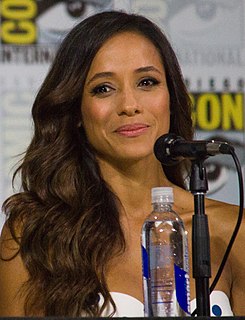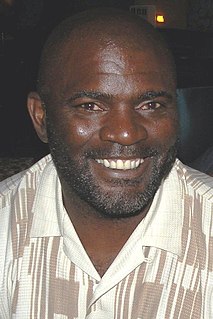Top 1200 Story Quotes & Sayings - Page 16
Explore popular Story quotes.
Last updated on November 9, 2024.
The average detective story is probably no worse than the average novel, but you never see the average novel. It doesn't get published. The average -- or only slightly above average -- detective story does.... Whereas the good novel is not at all the same kind of book as the bad novel. It is about entirely different things. But the good detective story and the bad detective story are about exactly the same things, and they are about them in very much the same way.
Well, I don't ever leave out details, in that I don't come up with information or description which I don't then use. I only ever come up with what seems to me absolutely essential to make the story work. I'm not usually an overwriter. As I revise, it's usually a matter of adding in as much vivid details as seem necessary to make the story come clear without slowing down the momentum of the story.
If you come face to face with some really challenging situations and tragic circumstances - you are going in there with a purpose. You are not going in there as a tourist. You're not going there just to merely observe. You have a purpose, and your purpose is to tell that story, to share that story for the bigger benefit of millions of other people. Your purpose is to create that bridge so you can give that story the dignity and the focus that it deserves, and you can become a part of the amplification that needs to be there.
Usually at the end of each story we're thrown clear out of the story's world and then we're given a new world to enter. What's unique about a linked collection is that it can deliver both sets of narrative pleasures - the novel's long immersion into character-world and the story anthology's energetic (and mortal) brevity - the linked collection is unique in its ability to be both abrupt and longitudinal simultaneously.



